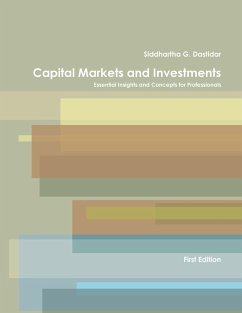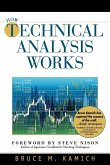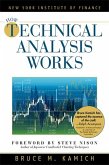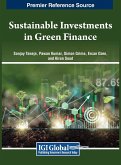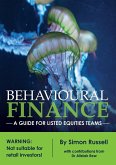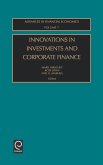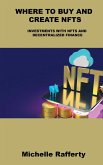This intermediate book on the financial capital markets goes beyond basic financial concepts, and discusses the plumbing and the mechanics of the markets. It requires no prior background, and is accessible to students, practitioners, journalists and enthusiasts. This book covers the basics of financial institutions, instruments (debt, equity and options) and mentions new developments such as fintech and regulation. Compared to other books, this book is more concise and goes beyond the theory. It delves into institutional details rather than only discussing conceptual issues; the plumbing in the markets does matter! The book also introduces tools such as Bloomberg and has annexures on accounting, macroeconomics and statistics for introductory students. In that sense, it lies somewhere in between a traditional textbook and a reference book, and requires no prior finance background. Dr. Sid Dastidar (www.columbia.edu/~sgd2002) teaches at Columbia University, at the IEOR Department and earlier at the Graduate School of Business. Sid has two decades of industry experience, buy-side and sell-side, across asset classes/ regions. This book targets people who need a rapid orientation in finance, and need to apply the concepts right away. Key features include: Self-published by a professor at a top institution and an industry veteran, thus providing inexpensive access to distilled content. Adopted by top universities and Wall Street firms, and endorsed by leading faculty and industry practitioners. Meant to help students and practitioners understand the essentials of capital markets, quickly. The book emphasizes brevity and compactness, ideally suited to current learning and pedagogy styles. Discusses the structure of various financial institutions, and the roles they play in the allocation of capital. Requires no specific prerequisites, except possibly some fluency in high school/ undergraduate math. Basic information on financial statements, macroeconomics, statistics and Bloomberg are included in self-contained annexures at the end. The annexures can help bridge any gaps in background that readers may have to understand the content in the body of the book thoroughly and build on it. Practitioners currently employed in the finance profession will find this book useful in refreshing basic concepts in a part of the market they do not deal with regularly. Students of finance will find the book useful in teaching them preliminary/ intermediate ideas, putting facts in context and ¿connecting the dots.¿ Because of the book¿s introductory nature, it is heavy on principles, mechanics, details, etc., apart from some perspective. This book gives readers the tools to formulate opinions and evaluate the opinions of others, but it does not offer direct opinions on the current market. Professionals who will find it useful include: Finance professionals needing a quick refresher on a market that they do not deal with regularly. Professionals with qualifications in other disciplines looking to switch careers into finance. Students with prior background in another discipline joining a Masters degree program, specializing in finance (MBA, quantitative finance, etc.) Advanced undergraduate (or even high school!) students deciding whether finance is right for them. Mid-career professionals in another industry, serving financial services clients, need to understand the basics of financial markets better. For example, Fintech professionals with a technology background are looking to connect more with mainstream finance companies. Or, it may be a curious individual who simply wants to understand the financial periodicals better, and possibly make more sensible investment decisions!
Hinweis: Dieser Artikel kann nur an eine deutsche Lieferadresse ausgeliefert werden.
Hinweis: Dieser Artikel kann nur an eine deutsche Lieferadresse ausgeliefert werden.

